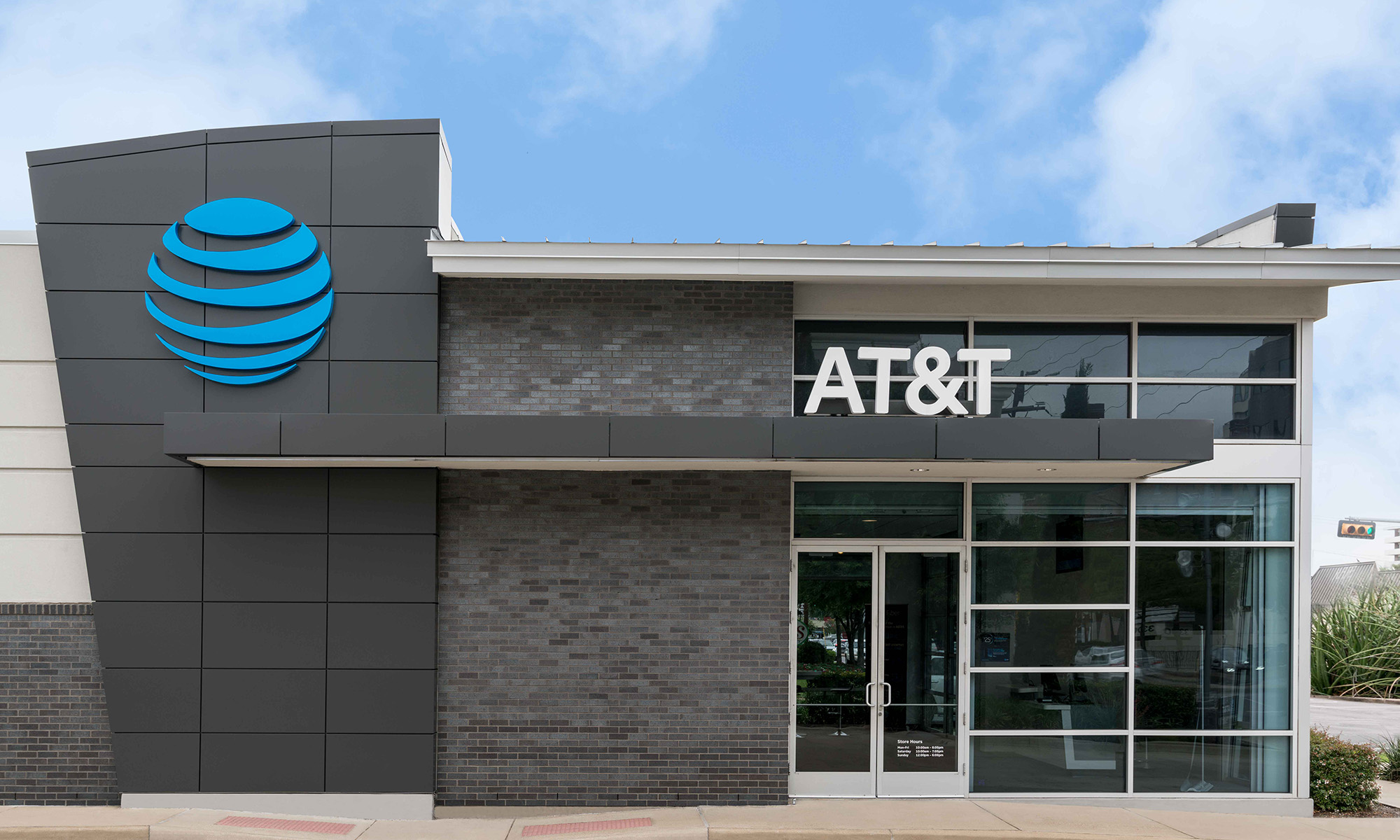With the market heading toward a decade-long bull run, finding promising companies trading at substantial discounts relative to their fundamentals and potential has become more of a challenge. That said, the big gains for the market have also created added incentive to find investment opportunities that are still cheap and capable of notching continued growth -- or providing some buffer in the event of another market downturn, whenever that may be.
To shine some light on some of today's top value stocks, we asked a panel of Motley Fool investors to identify three companies that could be too cheap to pass up. Here's why they think that Gilead Sciences (GILD +2.20%), Skechers (SKX +0.00%), and AT&T (T 1.34%) present great value at current prices.

Image source: Getty Images.
Look two steps ahead with this biotech bargain
Keith Speights (Gilead Sciences): Whether it's a sport like football or a game like chess, it's smart to think at least a step or two ahead. That's definitely true for investing as well. I think when you look ahead a couple of steps, Gilead Sciences' current valuation makes it a screaming bargain.
The big biotech hasn't been a favorite among investors for a while now due to a steep decline in sales for its hepatitis C virus (HCV) products. But the future should look better for Gilead. The company's CFO, Robin Washington, acknowledged on the Q1 earnings conference call that 2018 is "a trough year." That's bad news for now, but great news for next year and beyond.
I expect Gilead's HCV sales to stabilize later this year. That means the focus will shift more to the biotech's HIV product lineup and its pipeline. Both are very positive stories for Gilead.
The company won Food and Drug Administration approval in February for Biktarvy. This HIV drug is expected to be the biggest new drug launched in 2018.
Gilead's pipeline includes several strong contenders. I'm especially optimistic about the biotech's candidates targeting treatment of nonalcoholic steatohepatitis (NASH). Some experts predict the annual market for NASH treatments could grow to as much as $35 billion.
The stock currently trades at only 10.4 times expected earnings. Even better the company's enterprise value-to-EBITDA multiple is a super-low 6.4. If you look two steps ahead, though, Gilead shouldn't stay this inexpensive for too much longer.
A 2-for-1 deal: Value and growth
Nicholas Rossolillo (Skechers): Since the company reported on its first quarter of 2018, shares of Skechers are down nearly 30%. It had nothing to do with actual results; revenue and earnings were up 16.5% and 25%, respectively, from a year ago. Instead, it all had to do with the modest outlook for the second quarter as the shoe company continues to expand overseas and realizes higher expenses as a result.
After its stumble, trailing-12-month price to earnings is at 23.5. That's not exactly a steal, but that number drops to only 12.1 when looking at expected earnings in the year ahead. Now that's a bargain for a company that's growing its top line by double digits, driven by fast growth in emerging markets like China, Southeast Asia, and South America. International revenue now makes up half of the total and still represents the best catalyst for expansion.
Skechers' goal is to hit $6 billion in annual sales by 2020, a 50% increase from 2017. It's on track to achieve that primary goal, and the bottom line will eventually follow. Myopic thinking has this growth stock trading at a discount considering expectations, though, creating an opportunity to pick this one up on the cheap.
Low earnings multiples and a great dividend
Keith Noonan (AT&T): Shares of telecom giant AT&T have been beaten down amid competitive pressures in the mobile wireless and TV spaces and uncertainty surrounding its merger with Time Warner. The stock is down roughly 16% over the last year, trades in the neighborhood of five-year lows, and is valued at just 9.5 times this year's expected earnings. That soggy performance has made the company's esteemed dividend profile even more enticing -- bringing the stock's yield to 6.2%.
Shares purchased today should boast an even bigger yield next year and in the years to follow as well. AT&T has delivered a dividend increase on an annual basis for 34 years running, and it seems to be in solid position to keep that streak alive even as it moves through some changes. AT&T generated roughly $18.3 billion in free cash flow over the trailing-12-month period, and growth opportunities like being an Internet of Things (IoT) platform provider and the company's strong positions in the still-reliable wireless service and video spaces put it on track to continue generating strong cash flow.
If the merger with Time Warner is approved, AT&T's long-term prospects are even better. The acquisition would instantly make AT&T one of the world's leading entertainment producers, open up new service bundling opportunities, and allow for the combined company to use AT&T's strength in the mobile and internet spaces to get better advertising rates for Time Warner networks and content.
As a shareholder, I'd like to see the Warner deal go through, but I also don't plan on reducing my position if it doesn't work out. AT&T has an advantage over its competitors in the service-bundling push, and the rollout of its 5G network has the company positioned to play a central role in the evolution of machine connectivity.
With unassuming earnings multiples, a fantastic dividend, and a solid business, I think AT&T is a strong value at current prices.






